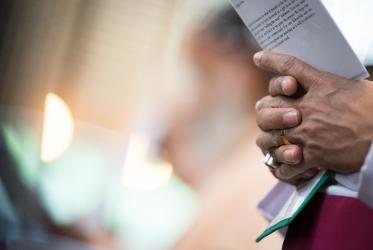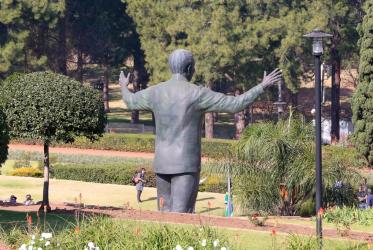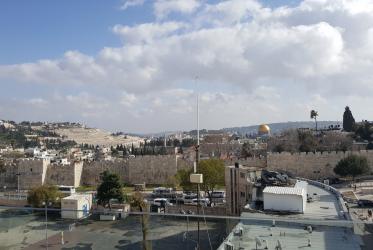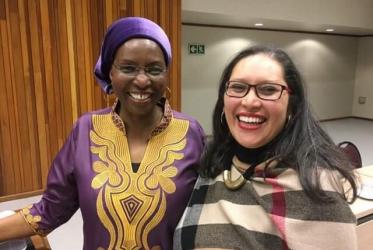Displaying 1 - 20 of 33
Churches in southern Africa stand against violence, xenophobia
10 October 2019
„Die Liebe wird einen Weg finden“
23 August 2018
“Love will find a way”
23 August 2018
#WCC70: Kirchen als „Vermittler von Freiheit“
12 February 2018
#WCC70: Churches as “freedom agents”
12 February 2018








